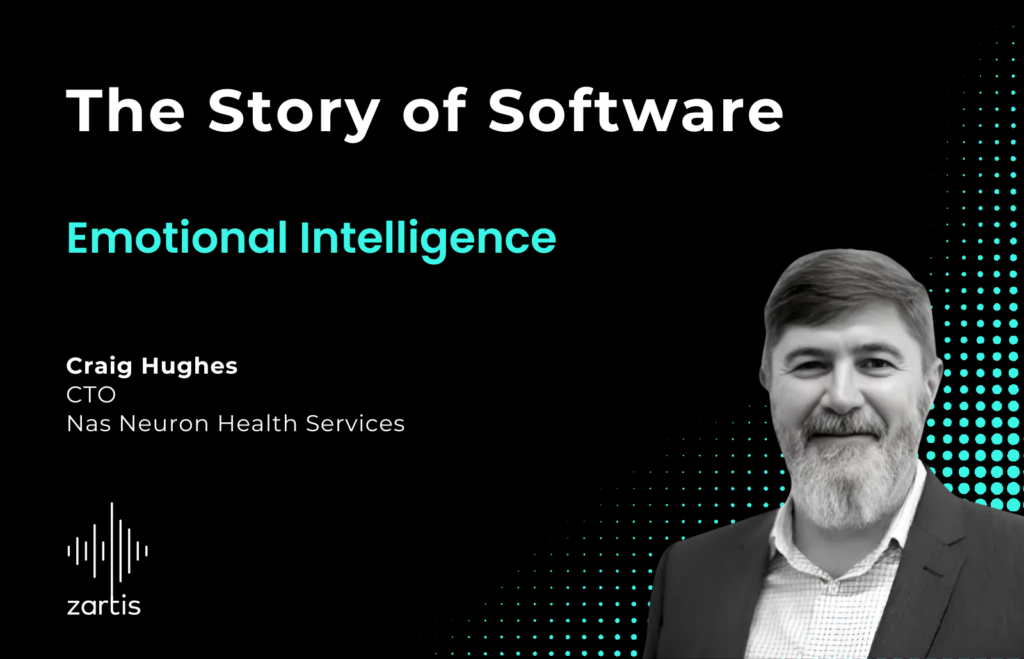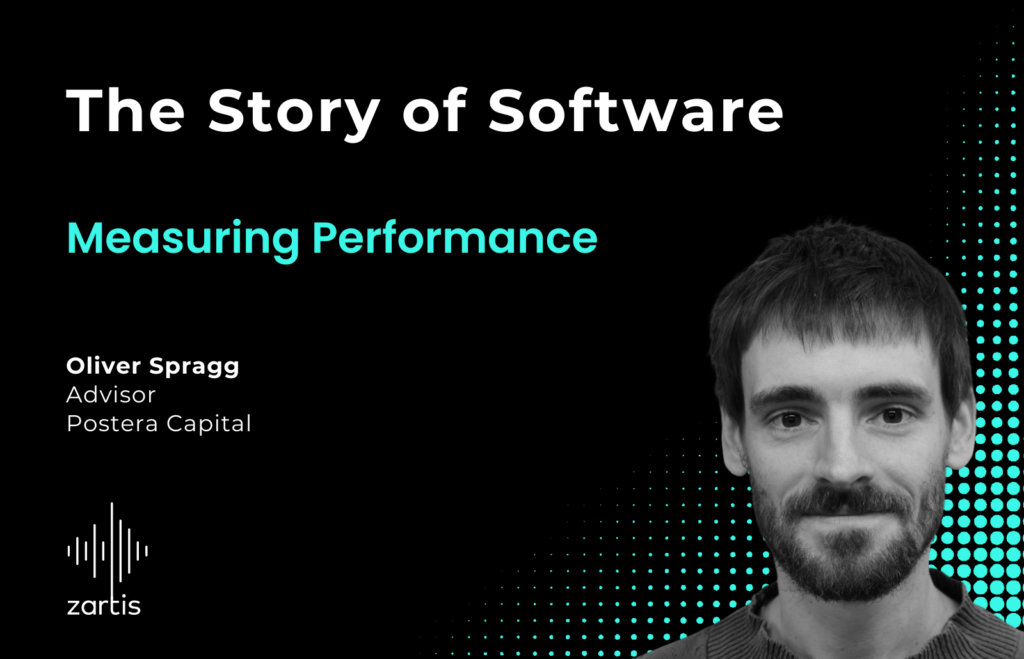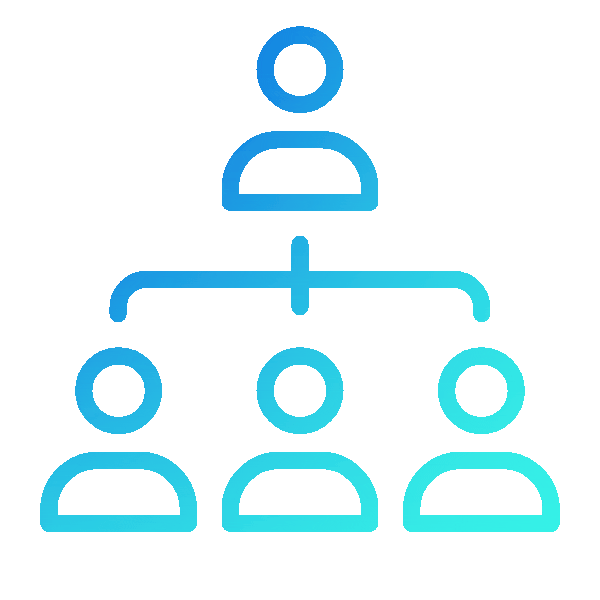Daniel White, CEO and Co-founder of Signol, helps us understand how we can influence behavioural patterns within ourselves and our companies.
The Guest – Daniel White, CEO of Signol
Daniel White is the Co-Founder and CEO at Signol, a software platform that draws on insights from behavioural economics to encourage employees to make more efficient decisions. Signol provides users with actions and feedback through multiple communication channels, as well as data analysis for those in management positions.
Developing Greener Habits
Today, most people are to some degree aware of the actions needed to be more environmentally conscious. However, why do we find it difficult to make a change? Is there a way that technology can motivate us to take better actions and become greener?
If so, can we apply these incentives at a company level and prompt larger groups of people to take climate action?
Some of the topics covered in this episode include:
- Can we incentivize employees to change behaviours?
- How technology can be used to influence behavioural habits.
- What are the incentives that people react positively to?
- Ensuring the well-being of team members.
Highlight
Transcript (abridged version):
[…]
Daniel: Signol is fundamentally a scalable technology, which uses operational data to provide feedback to pilots and ship captains to motivate and empower them to save fuel.
So then how does that work at a granular level? If I’m an airline pilot, what do I receive and how does that impact my behaviour?
Daniel: So, within your in-flight data with an airline, for example, we were able to measure different practices, different behaviours, or things that the pilot does during the flight. That could be switching off engines when taxing on the runway, it could be switching off the power unit, and these practices are linked to fuel consumption. So it’s quite easy to see differences in how each pilot or each crew performs on each flight.
Initially, it was very easy for us to see that when we control for the external factors that affect you like weather, aircraft, the airport, and whatnot; the pilot is still very crucial in how fuel efficient they are.
Airlines are already analysing, collecting data, and crunching this into platforms with dashboards that are telling the crew and the airline where the operational gaps are. The real difference in what we’re doing is personalization. So by that I mean, people are not necessarily motivated by just the sheer presence of new information. Literature tells us that people are motivated and moved by contextual or environmental changes. We are much more emotional creatures than we’re prepared to admit. So what we’re doing at Signol is, leveraging a lot of that research to provide a much more personalised experience, which has shown to be delivering some quite remarkable improvements in individual efficiency changes.
Have you had those explicit conversations with your colleagues about looking after their own well-being to cultivate a stronger mental health. Has it been a topic for you and your colleagues?
Daniel: We’re actually working through this right now. So on Tuesday, we have a meeting where we’re really going to get into this quite deeply. So it’s definitely something that’s in the front of my mind. It’s also interesting to go back to the people who we serve as a product. I was reading some research, today in fact, that showed that there are really high levels of depression and anxiety in the pilot community, and also the maritime community. [..]
Then, I suppose an interesting point that came out of our own research was when we originally started the product, which was the randomized control trial with Virgin Atlantic back in 2016. One of the behavioural nudges that the team was testing was the use of incentives. By that I mean, if a pilot hits a fuel efficiency target, the proposal was to pay the pilot a small amount of money, but of course the unions pushed back and said no. […] So we agreed to use a charitable donation made on behalf of the pilot to a charity that they could choose. Through the study, we were measuring job satisfaction, and although this pro social incentive donation didn’t exhibit any higher or lower productivity metrics or outcomes versus the other groups, when we were testing on job satisfaction, metrics were off the charts. It was so much higher, and this is something that we built into the platform as a feature, so that if a company wants to, we can facilitate the donation of money to charity. This spreads further value in two ways. Number one, to the community groups or the charities that receive the donation, and two, to the employees who naturally feel better and work better because of that whole process of giving them the feedback loop of saying thank you. So, that’s an area that I’d like to offer as part of our own company, not just our product, as it is something which we’ve seen working in practice.
—
You can find The Story of Software podcast on:
Apple Podcasts, Spotify, Stitcher, Deezer, & any other podcast platform of your choice.
The Story of Software Podcast is produced by Zartis. We hope you enjoy listening to this tech podcast and feel free to share any feedback with us: podcast@zartis.com







